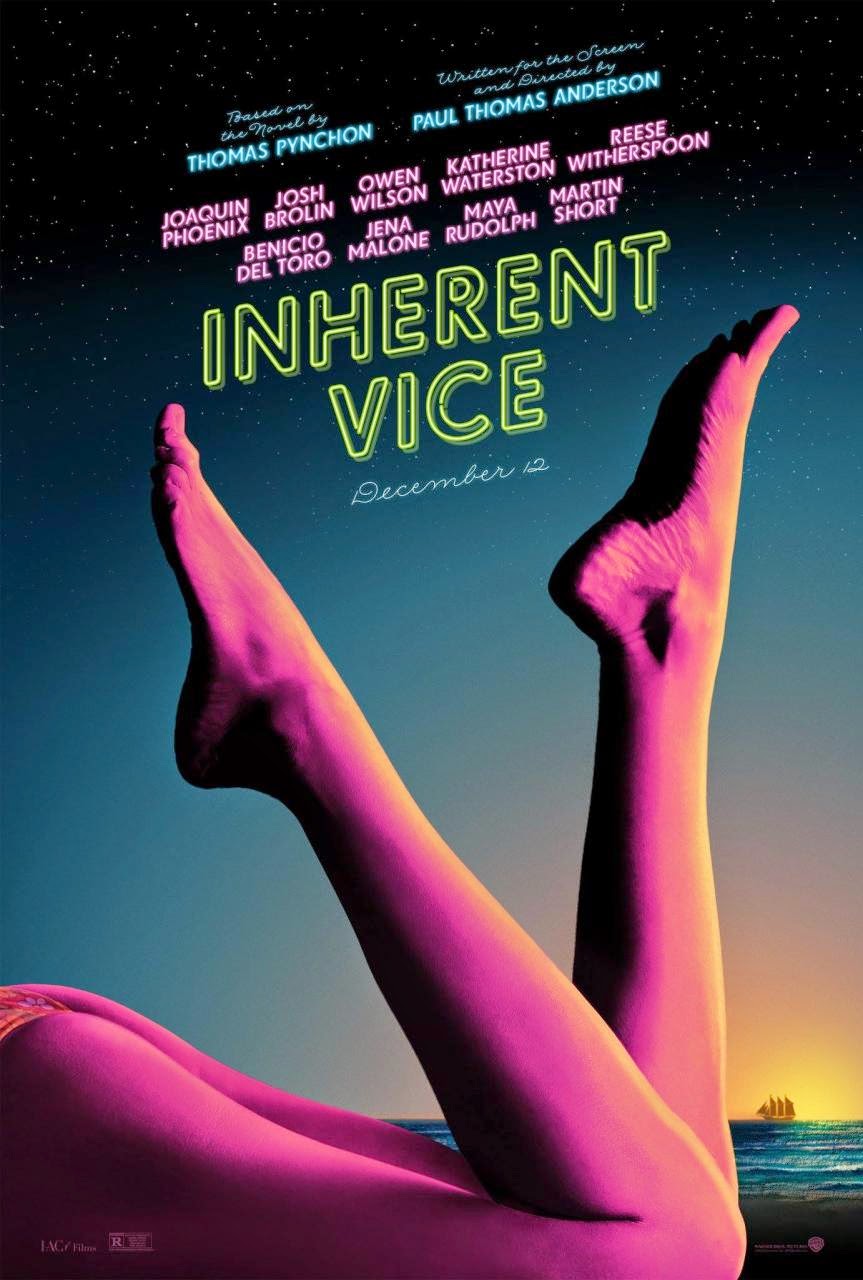The Imitation Game
Dir. Morten Tyldum
3.5 out of 5
The miracle machine at the center of The Imitation Game is an amalgamation of dials, wires, plugs, and rotors, searching ceaselessly for the combination that will crack Nazi Germany's "unbreakable" Enigma code. The film, like the hardware, is likewise fixated on testing many narrative permutations to achieve a greater understanding of its subject, British mathematician Alan Turing (Benedict Cumberbatch), telescoping the man's life into three major story threads - his contributions as an Allied codebreaker during World War II; his life as a lonely, awkward schoolboy smitten with one of his classmates; and his conviction for indecency in the 1950s under a 19th century law prohibiting homosexual relationships. The Imitation Game whirs and clicks and clacks all these pieces into place, capturing a sentimentalized story arc of an irascible genius.
But what separates it from, say, The Theory of Everything, is that there are several more glitches in its cold, mechanical replication of the biopic form. The frayed wires and loose plugs are the instances of dashing wit and droll humor that distract the characters from their grim business of counting the lives lost for each day the code remains unbroken. The movie also aspires to be more than a simple chronicle of a misunderstood hero. By focusing its main efforts on the defining era of Turing's life, The Imitation Game illuminates a bigger story about the wages of war, especially for scientists, philosophers, and other visionary thinkers. It's an amoral calculus that, although sometimes rendered clumsily onscreen, portends the serious questions that would continue to arise in the computer age - an age that Turing was largely responsible for launching.
There are certainly criticisms to be made about how the filmmakers decided to tell this story: a shaky framing device involving a sympathetic cop (Rory Kinnear) feels calculated to foster weepy Cumberbatch monologues, and the influence of Turing's beard/lab partner (Keira Knightley) is stretched to fit the script's demands. But none of that really diminishes the verve of the story that director Morten Tyldum chooses to tell here. The Imitation Game is a film constantly shifting gears, modulating its levels of triumph and tragedy and sacrifice and sainthood, but it does so in a way that makes sure these emotions are truly felt.
Wild
Dir. Jean-Marc Valleé
3.5 out of 5
Wilderness survival stories are almost always predicated on some type of physical deprivation. So it's charming to see Wild start with a scene featuring its heroine, Cheryl Strayed (Reese Witherspoon), struggling to hoist the excess of supplies in her overloaded pack as she prepares to hike the Pacific Crest Trail, an 1,100-mile route stretching between America's borders with Canada and Mexico. She's chosen to take the journey alone as a form of psychic therapy following multiple life-altering traumas, seen via flashbacks - the cancer diagnosis and eventual death of her single mother (Laura Dern), and Cheryl's subsequent descent into drug addiction. But even though Cheryl fully intends to exorcise her grief in solitude, Wild is a redemptive tale that actually posits a world that does not lack for helping hands.
However, just as in Dallas Buyers Club, director Jean-Marc Valleé's previous film, Wild tends to get lost in the weeds of its own heavy-handed tone. Witherspoon and Dern both do a fine job with their mother-daughter material, but its sledgehammer subtlety is often grating. (After mom dies, Valleé gratuitously juxtaposes it with her children having to euthanize her beloved horse.) Yet Witherspoon's gritty, unsentimental performance also keeps the earthy, saccharine tendencies of Wild at bay. The film is always most fascinating when it decides that Cheryl is more important as a feminist symbol than as a character. Despite the general goodwill of most people she meets, there is always a latent sense of danger she feels as a single female hiker, and for good reason; every encounter with a man is fraught with implications that would not exist were this a man's story. Wild may not be the revelatory character study of its creators' intent, but it succeeds at placing Cheryl's specific, individual trials in the context of the ones that women face every day.
Dir. Angelina Jolie
2.5 out of 5
Imagine watching Unbroken from the perspective of someone completely unfamiliar with its subject: athlete, World War II veteran, and inspirational icon Louis Zamperini. In an ordeal that almost strains credulity, Zamperini (Jack O'Connell) rises from humble immigrant origins to become a U.S. Olympian and a decorated war hero, surviving a deadly plane crash that left him adrift in the Pacific Ocean for 45 days until he was "rescued" by the Japanese, and detained in various prison camps where he was tortured by a sadistic enemy officer (Miyavi). It's beautifully photographed, well-acted, and tastefully scored. You know it's been reverse-engineered to win golden statuettes, but you can't deny the sincerity of its intent - classically inspiring, it's the kind of movie that causes critics to utter phrases like "triumph of the human spirit."
Now imagine learning that Unbroken adapts only half of the late Zamperini's memoirs, omitting his battles with PTSD and his eventual decision to forgive his captors, even returning to Japan to personally bury the hatchet with his former enemies. Which story sounds more intriguing? The immediately inspiring but incomplete one, or the messier one that subverts the traditional rewards of the war narrative? This being middlebrow Oscar bait, however, first-time director Angelina Jolie wisely chooses to focus on the most visually empowering material. Still, Unbroken is not compelling enough to coast on pedigree alone. A fatal lack of characterization plagues its second half, as O'Connell is given little to do besides pound a single note of grim resignation, punctuated by periodic moments of uplift. Unbroken proudly wears its heart on its sleeve, but it doesn't offer much more than surface-level emotion. You'll leave with a very clear idea of what Zamperini endured...and only a vague notion of who he actually was.









